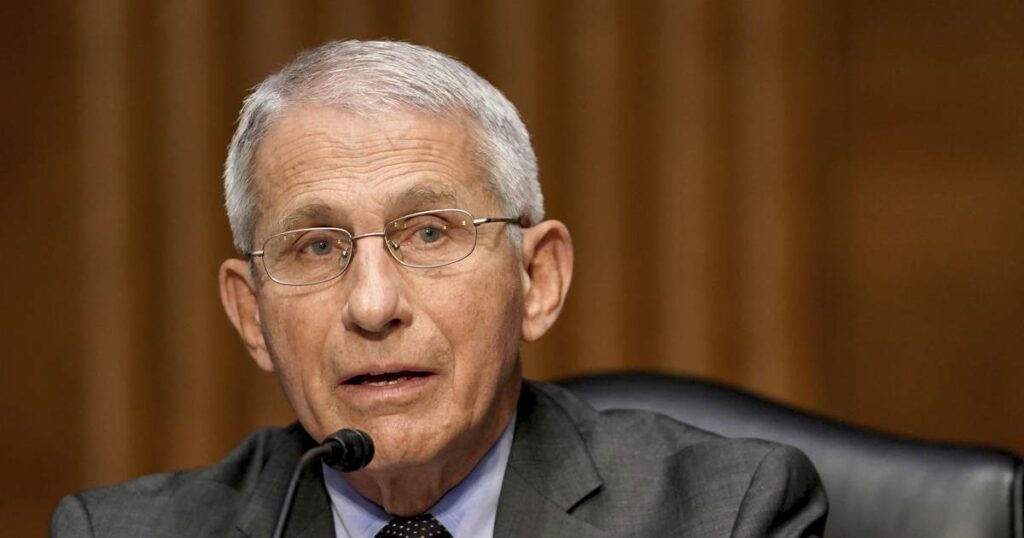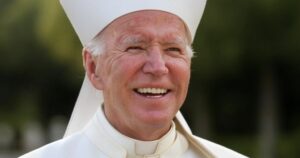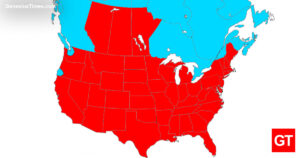BREAKING: Biden pardons several ‘totally innocent’ people for crimes they didn’t commit

In a surprising last-minute decision, President Joe Biden has issued preemptive pardons for several individuals he describes as “totally innocent” of the crimes they were accused of or might have been accused of under a future administration. Among the notable figures are members of the January 6 Committee and Dr. Anthony Fauci, sparking a significant debate about the use of executive power.
The pardons were announced just hours before Biden’s term ends, aimed at protecting these individuals from potential legal action by incoming President Donald Trump’s administration. The January 6 Committee, tasked with investigating the 2021 Capitol riot, has been a focal point of criticism from Trump and his allies, who have accused its members of political bias. Dr. Anthony Fauci, the former director of the National Institute of Allergy and Infectious Diseases, has also been a frequent target for conservative critics regarding his handling of the COVID-19 response.
In his statement, Biden emphasized, “These individuals have served our nation with honor and integrity. The issuance of these pardons should not be mistaken as an acknowledgment that any illegal activity was committed; rather, it is a safeguard against political retribution.”
The decision has elicited mixed reactions. Supporters applaud Biden for using his pardon power to shield public servants from what they see as potential political vendettas. “This is about protecting democracy from becoming a tool for revenge,” said Senator Ed Markey (D-MA), who has been vocal about the need for such actions.
Critics, however, argue that these pardons might set a dangerous precedent. “By preemptively pardoning people without any charges or convictions, we’re moving towards a system where political connections determine legal outcomes,” remarked Representative Jim Jordan (R-OH), a staunch critic of the January 6 Committee.
Legal experts are divided on the implications. While the President’s pardon power is constitutionally granted, the preemptive nature of these pardons raises questions about the boundaries of executive clemency. “This could be seen as an overreach if not legally challenged, potentially limiting how future administrations use this power,” said Jeffrey Crouch, a political scientist and expert on presidential pardons from American University.
The move has also reignited discussions about the January 6 investigation, with some arguing that it validates claims of political motivation, while others see it as a necessary step to uphold the integrity of those who served on the committee.
Dr. Fauci, in particular, has been at the center of controversy due to his role in the national response to the COVID-19 pandemic. His pardon is viewed by some as an acknowledgment of his service rather than any wrongdoing, yet it has also fueled conspiracy theories among those who have accused him of mishandling the crisis.
As the nation transitions to a new administration, these pardons will likely be a topic of debate for years to come, influencing how political accountability, the protection of public servants, and the use of presidential power are viewed in American politics.
![]()




